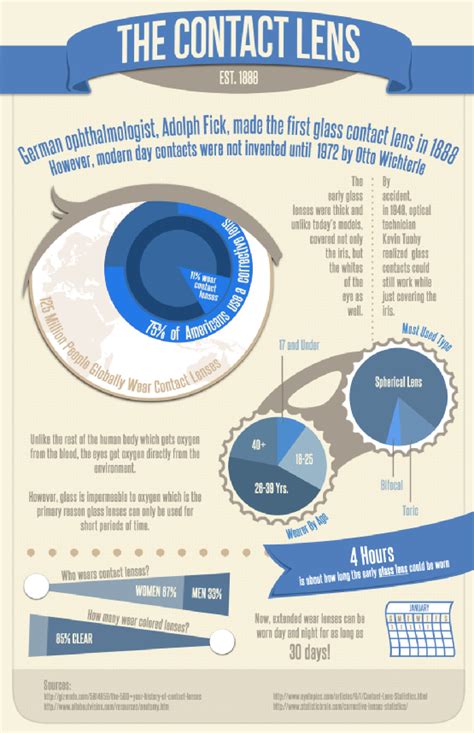Contact Lenses: Age and Professional Opinions
Contact lenses offer a convenient and often aesthetically pleasing alternative to eyeglasses. However, the suitability of contact lens wear depends heavily on age and individual health factors. This article explores the relationship between age, contact lens use, and the professional opinions surrounding it. We'll delve into the specific considerations at different life stages and address common concerns.
What Age Can You Start Wearing Contact Lenses?
This is a question frequently asked by young people eager for the freedom contact lenses offer. While there's no single magic age, most eye care professionals generally recommend waiting until a child's eyes are fully developed, typically around the age of 12 or older. This is because younger eyes are still growing and changing, making it difficult to accurately determine the appropriate prescription and potentially increasing the risk of complications. The maturity level of the child also plays a significant role; they must be responsible enough to handle the proper cleaning, storage, and insertion/removal of lenses.
Can Younger Children Wear Contact Lenses?
In rare cases, younger children might require contact lenses for specific medical reasons. However, these are exceptions and require close monitoring by an ophthalmologist or optometrist. The decision to fit younger children with contact lenses is made on a case-by-case basis, considering the child's overall health, maturity, and the necessity of correction.
Contact Lenses and Older Adults: Considerations and Challenges
As we age, our eyes undergo various changes, some of which can impact contact lens wear. These changes include:
- Decreased Tear Production: Dry eye syndrome becomes increasingly common with age, leading to discomfort and potentially increased risk of infection if wearing contact lenses.
- Changes in Corneal Shape: The cornea, the front surface of the eye, can subtly change shape over time, affecting the fit and comfort of contact lenses.
- Underlying Health Conditions: Older adults may have other health conditions like diabetes or arthritis that can impact their ability to handle contact lenses or increase the risk of complications.
Are Contact Lenses Suitable for Seniors?
Many older adults successfully wear contact lenses, provided they have regular eye examinations and address any underlying eye conditions. However, it's crucial to have open communication with your eye care professional about any challenges you face. They might recommend specific lens types, such as daily disposables, which minimize the risk of infection associated with lens solution build-up.
Professional Opinions: When to Avoid Contact Lenses
Eye care professionals generally advise against contact lens use in certain situations:
- Significant eye allergies: Severe allergies can exacerbate discomfort and increase the risk of infection when wearing contact lenses.
- Certain medical conditions: Conditions like uncontrolled diabetes or autoimmune diseases can increase susceptibility to infections and complications.
- Lack of proper hygiene: Incorrect lens care significantly increases the risk of serious eye infections. If someone cannot maintain proper hygiene, contact lenses may not be the best option.
What About Different Types of Contact Lenses?
Professional opinions vary slightly depending on the type of contact lenses. For example, daily disposable lenses are often recommended for individuals with dry eyes or those who have difficulty maintaining meticulous hygiene. Multifocal lenses, which correct for both near and far vision, are becoming increasingly popular among older adults but require careful fitting and monitoring.
How Often Should I See My Eye Doctor When Wearing Contact Lenses?
This is crucial for maintaining eye health and ensuring the proper fit of your lenses. Regular eye exams allow for early detection of any potential problems and ensure your lenses remain suitable for your changing needs. The frequency of these check-ups will vary based on individual circumstances and should be determined in consultation with your eye care provider.
Conclusion: A Personalized Approach to Contact Lens Use
The suitability of contact lenses depends greatly on individual circumstances. Age is a significant factor, but it's not the only determining element. Open communication with your ophthalmologist or optometrist is paramount. They can assess your individual eye health, lifestyle, and maturity level (if a minor) to determine if contact lenses are a safe and appropriate choice. Remember, prioritizing eye health is crucial, and a proactive approach to eye care ensures comfortable and safe contact lens wear throughout your life.

